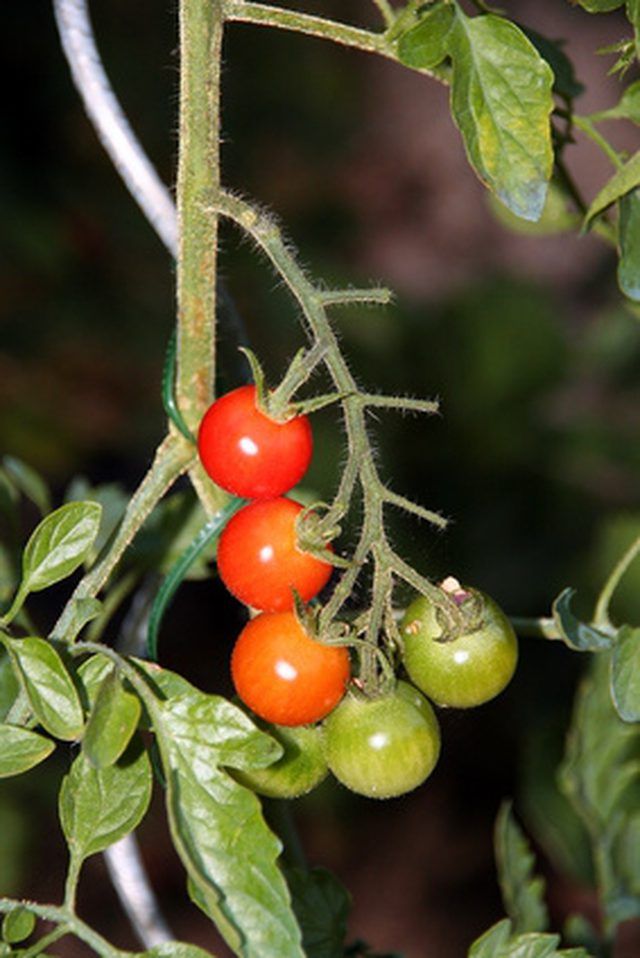Bulbs
Flower Basics
Flower Beds & Specialty Gardens
Flower Garden
Garden Furniture
Garden Gnomes
Garden Seeds
Garden Sheds
Garden Statues
Garden Tools & Supplies
Gardening Basics
Green & Organic
Groundcovers & Vines
Growing Annuals
Growing Basil
Growing Beans
Growing Berries
Growing Blueberries
Growing Cactus
Growing Corn
Growing Cotton
Growing Edibles
Growing Flowers
Growing Garlic
Growing Grapes
Growing Grass
Growing Herbs
Growing Jasmine
Growing Mint
Growing Mushrooms
Orchids
Growing Peanuts
Growing Perennials
Growing Plants
Growing Rosemary
Growing Roses
Growing Strawberries
Growing Sunflowers
Growing Thyme
Growing Tomatoes
Growing Tulips
Growing Vegetables
Herb Basics
Herb Garden
Indoor Growing
Landscaping Basics
Landscaping Patios
Landscaping Plants
Landscaping Shrubs
Landscaping Trees
Landscaping Walks & Pathways
Lawn Basics
Lawn Maintenance
Lawn Mowers
Lawn Ornaments
Lawn Planting
Lawn Tools
Outdoor Growing
Overall Landscape Planning
Pests, Weeds & Problems
Plant Basics
Rock Garden
Rose Garden
Shrubs
Soil
Specialty Gardens
Trees
Vegetable Garden
Yard Maintenance
How to Identify a Tomato Plant by the Leaves
How to Identify a Tomato Plant by the Leaves. Although tomatoes are among the most sought-after garden vegetables in America, this has not always been the case. At one time, says the University of Illinois Extension, people viewed tomatoes as poisonous and cultivated them simply for ornamental purposes. Today, however, consumers recognize their...

Although tomatoes are among the most sought-after garden vegetables in America, this has not always been the case. At one time, says the University of Illinois Extension, people viewed tomatoes as poisonous and cultivated them simply for ornamental purposes. Today, however, consumers recognize their nutritional value as well as their easy cultivation process. You can even grow tomato plants in a pot on your balcony if you don't have a big garden. However, if you have never grown tomatoes, there are ways to identify a tomato plant by its leaves.
Things You'll Need
Tomato plant
Soap
Water
Identify a tomato plant by its color. The leaves are medium green to a deep green in color.
Take note of the leaves' size. On an average stem, tomato plant leaves are generally about 10 inches in length. New leaves, however, measure approximately 3 inches in length.
Remember that tomato leaves have a saw-like or jagged edge that surrounds the entire leaf.
Look for compound leaves, another characteristic of tomato plants. Compound leaves have multiple leaflets originating from a common stalk.
Examine the leaves and notice whether there's a fuzzy feel when you touch them. The fuzziness on tomato plants is the result of the numerous hair-like outgrowths, or trichomes, on the plant.
Smell your fingers and hands after handling tomato plant leaves. The trichomes on the plant produce a yellowish substance with a lingering, overpowering scent. Wash your hands with soap and water to get rid of the scent.
Tips & Warnings
Trichomes on tomato plant leaves serve as a defense against insects. The hair-like outgrowths trap and immobilize insects.
Tomatoes have a high vitamin C content, are rich in potassium and vitamin A and are an excellent source of lycopene, which may aid in fighting prostate cancer.
Protect early tomato transplants from inclement weather. Cover the plants overnight or take the plant indoors to protect them from frost.